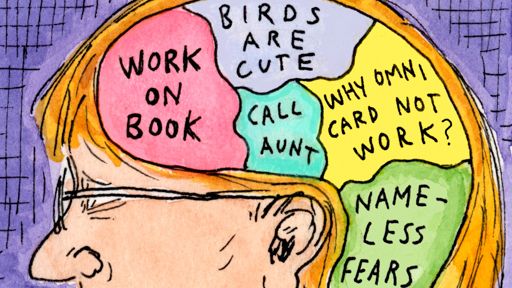Retirement is a significant milestone that requires careful planning and foresight. Yet, many find themselves unprepared, making common mistakes that can compromise their financial security and overall well-being in their golden years. Understanding these pitfalls and learning how to sidestep them is crucial for a comfortable and fulfilling retirement.
Common Retirement Planning Mistakes and How to Avoid Them

1. Not Saving Enough Early On
One of the most prevalent mistakes is underestimating the amount needed for retirement. Many retirees express regret over not saving more during their working years. It’s essential to automate your savings through retirement plans like 401(k)s or IRAs and to contribute at least enough to get the full employer match if available. Starting early allows your investments to grow through the power of compounding interest.
2. Neglecting Health and Wellness
Your health is as important as your wealth in retirement. Failing to maintain a healthy lifestyle can lead to increased medical expenses and reduced quality of life. Prioritize regular exercise, a balanced diet, and routine health check-ups. Many employers offer wellness programs that encourage healthy habits, which can be a valuable resource in your pre-retirement years.
3. Failing to Plan for Healthcare Costs
Medicare provides essential coverage, but it doesn’t cover everything. Services like dental, vision, hearing, and certain long-term care needs are often excluded. According to Ameriprise Financial, it’s vital to anticipate these expenses and consider options like supplemental insurance or health savings accounts (HSAs) to cover potential gaps.
4. Claiming Social Security Too Early
While you can start receiving Social Security benefits at age 62, doing so significantly reduces your monthly payments. Delaying benefits until your full retirement age, or even until age 70, can maximize your Social Security income. Evaluate your financial situation, health, and life expectancy to determine the optimal time to claim benefits.
5. Overlooking Inflation’s Impact
Inflation can erode your purchasing power over time. Retirees often make the mistake of investing too conservatively, which may not yield returns that outpace inflation. Considering personalized investment strategies that include a mix of assets can help maintain and grow your retirement funds, ensuring they last throughout your retirement years.
6. Ignoring Required Minimum Distributions (RMDs)
After reaching a certain age, typically 73, the IRS requires you to take RMDs from your retirement accounts like traditional IRAs and 401(k)s. Failing to do so can result in hefty penalties. It’s crucial to plan for RMDs to manage your tax liability and ensure compliance with tax laws.
7. Underestimating Long-Term Care Needs
As life expectancy increases, so does the likelihood of needing long-term care. Planning for potential long-term care is essential to protect your assets and relieve your family from possible financial and caregiving burdens. Options include long-term care insurance or setting aside dedicated funds for this purpose.
8. Falling Victim to Financial Scams
Retirees are often targets for financial scams. Being cautious of unsolicited offers and recognizing red flags can safeguard your savings. Stay informed about common scams and don’t hesitate to consult with trusted financial advisors or authorities if something seems suspicious.
9. Not Adjusting Your Investment Strategy Post-Retirement
Transitioning into retirement doesn’t mean you should halt all growth in your investments. While it’s wise to reduce risk, being too conservative can hinder the longevity of your portfolio. Adopting a balanced investment approach allows for potential growth while managing risk, helping your assets keep pace with inflation and withdrawals.
10. Failing to Update Estate Planning Documents
An outdated or nonexistent estate plan can cause significant stress and financial strain for your heirs. Ensure you have a will and other essential estate planning documents like durable powers of attorney and healthcare directives. Regularly reviewing and updating these documents keeps them aligned with your current wishes and legal requirements.
How to Avoid These Mistakes
- Educate Yourself: Take the time to learn about retirement planning. Utilize resources, attend workshops, or consult with financial advisors to make informed decisions.
- Create a Comprehensive Plan: Outline your retirement goals, budget, expected expenses, and income sources. A detailed plan can help identify potential shortfalls and areas that need attention.
- Regular Reviews: Life circumstances and financial markets change. Regularly reviewing your retirement plan allows you to adjust strategies accordingly.
- Seek Professional Advice: Financial advisors can provide personalized guidance tailored to your situation. They can help navigate complex decisions regarding investments, taxes, and estate planning.
Conclusion
Retirement should be a time to enjoy the fruits of your labor, not a period of financial stress. By recognizing and avoiding common mistakes, you can set the stage for a secure and fulfilling retirement. Start planning early, stay informed, and don’t hesitate to seek professional guidance to ensure your retirement years are everything you’ve hoped for.











